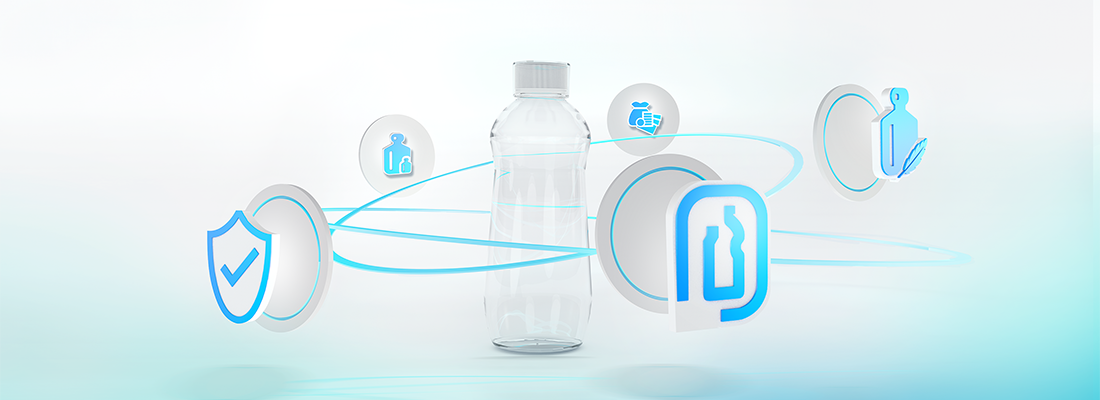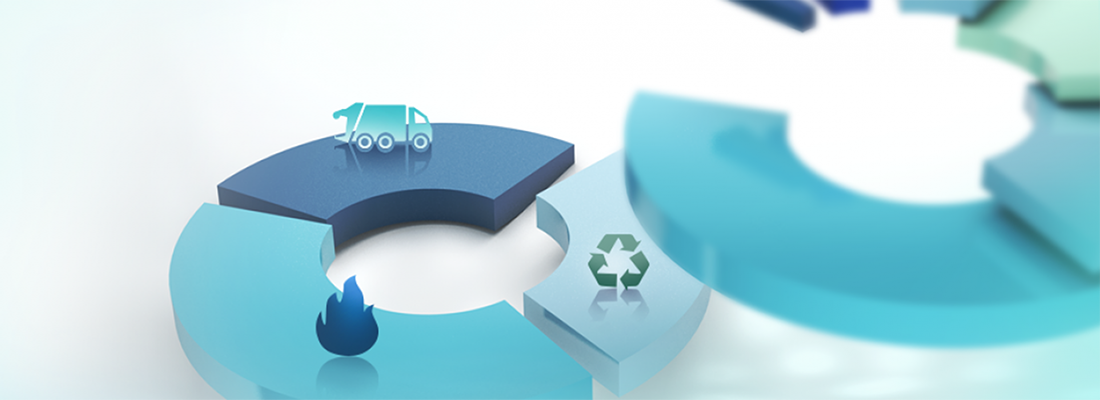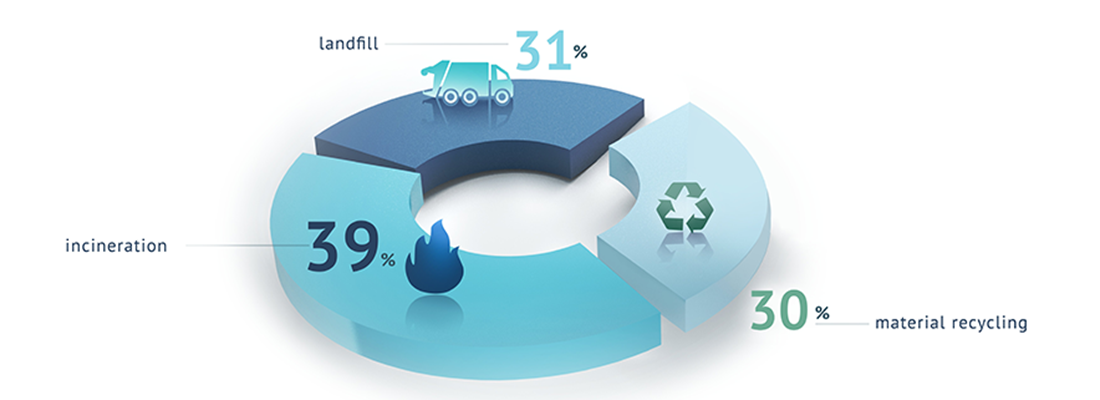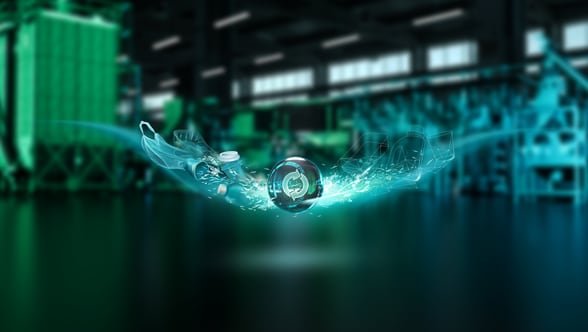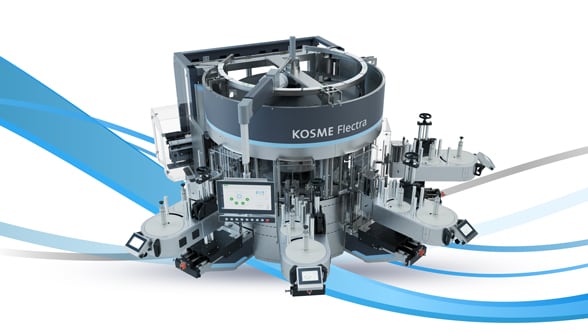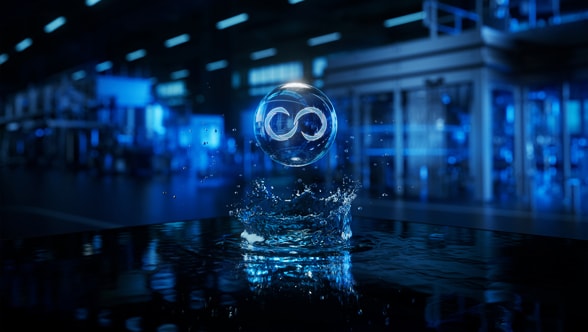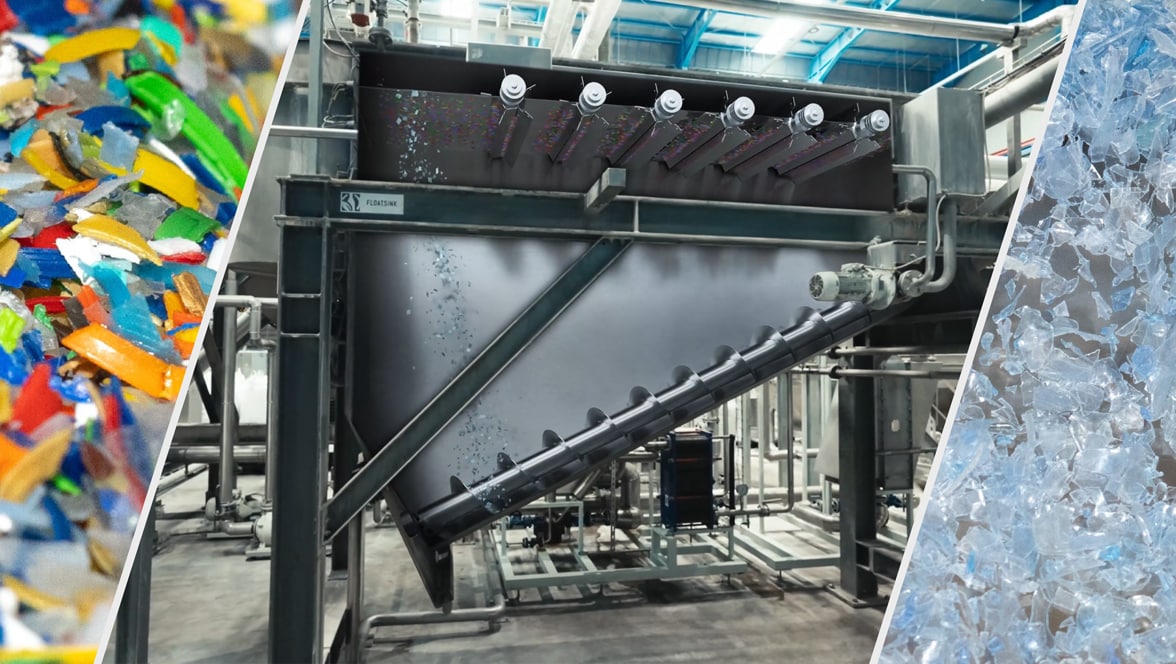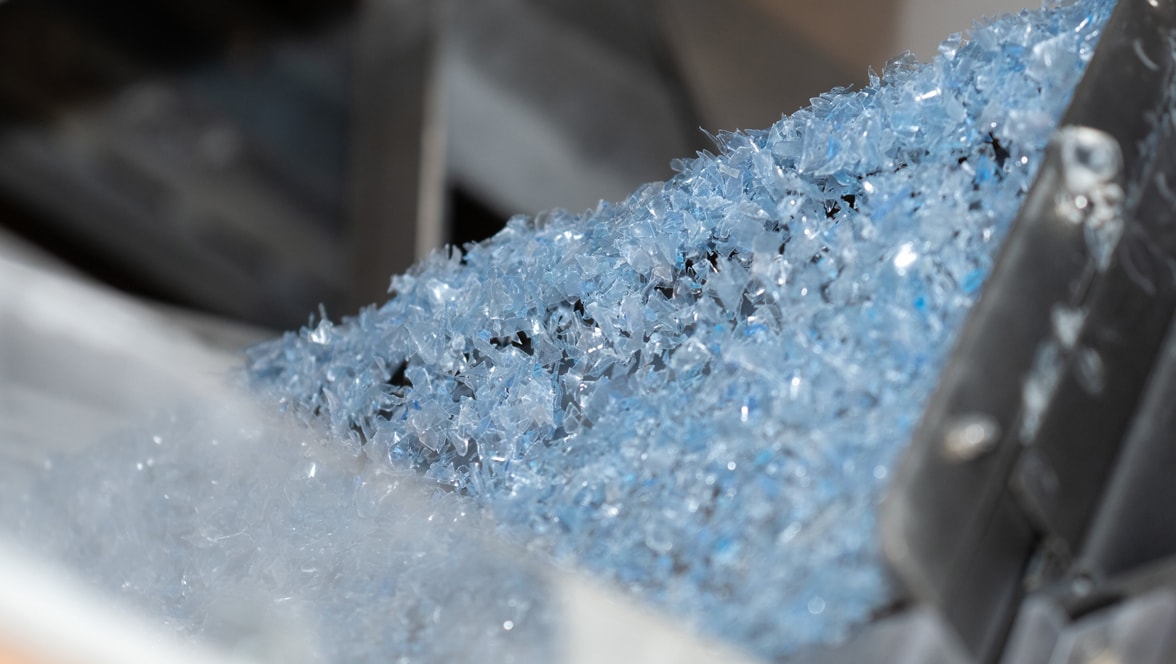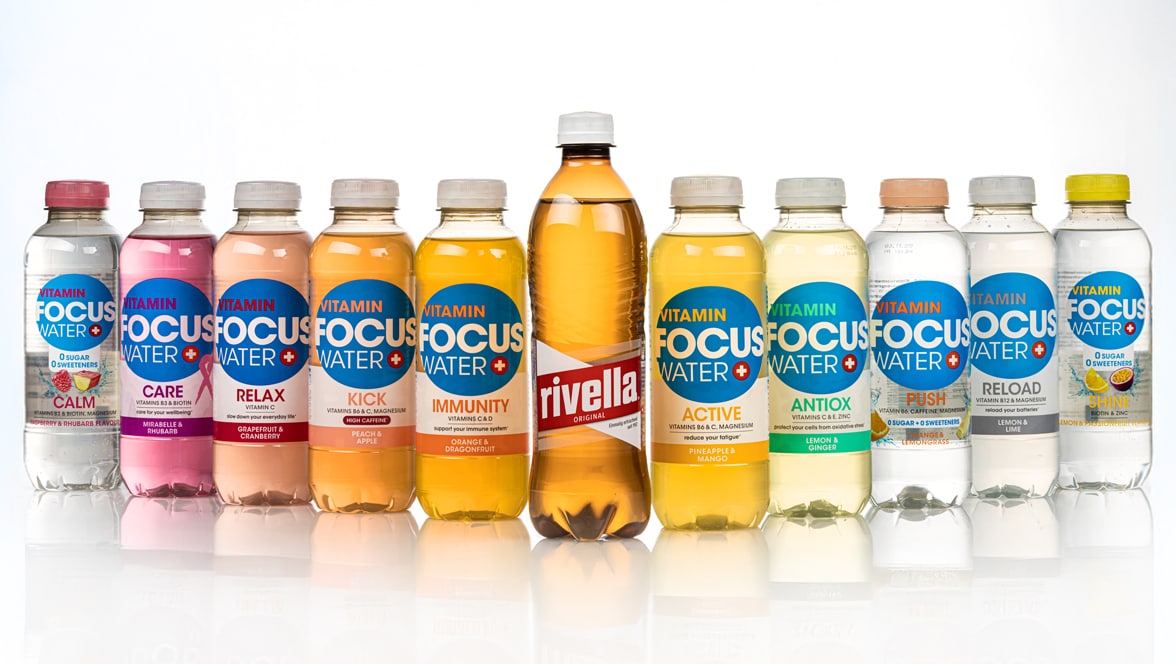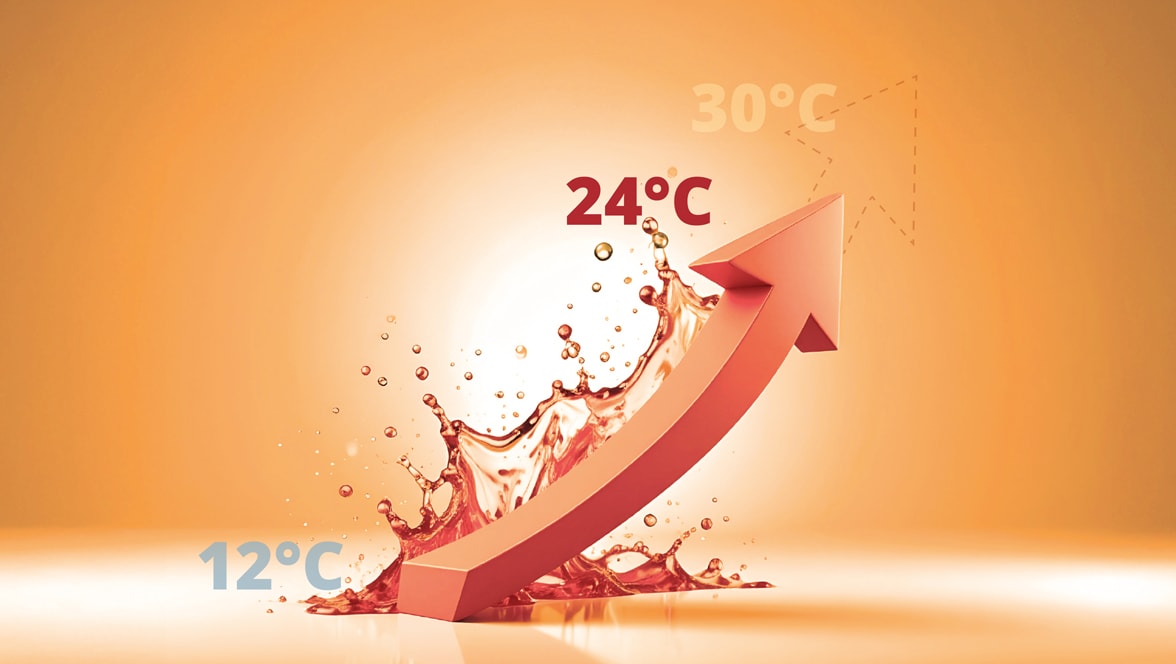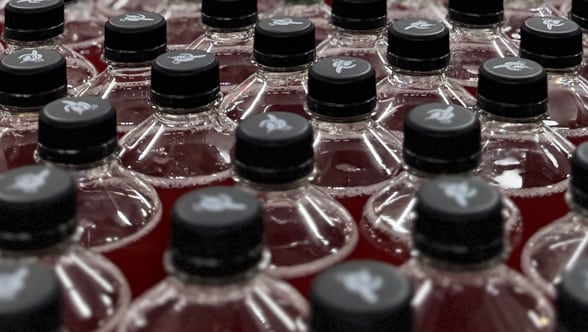The most important plastic for our sector continues to be PET. According to Euromonitor, in 2018 it was used to produce 573 billion packaging units for beverages.
Light and nevertheless strong
Although plastic packages only weigh a few grams, they are extremely stable and durable. Beverage containers made of PET, for example, have a wall thickness of just a few tenths of a millimetre. Nevertheless, they withstand a broad range of loads – during both production and transport. Whether now a single PET bottle slips out of someone's hand while screwing it open or an entire pallet slips off a forklift truck: unlike with glass bottles, both the containers themselves and their content will remain intact.
Can be moulded into any shape
Packaging materials like PET, PE and PP belong to the thermoplastics. They have the practical property that they melt when heated up and harden when cooled down. This means they can be moulded into virtually any shape. And not just once, but over and over again. As a result, beverage and food producers can create an extremely broad range of packages from plastics – and can mould them into any desired shape again after they have been consumed and recycled.
Inexpensive and safe
Packaging plastics like PET can be produced extremely efficiently. This has a positive effect not only on the production costs, but consequently also on the sales price of the finished products. At the same time, they protect sensitive goods like beverages, food and medicines against oxygen, germs and other harmful influences. This is particularly the case for packaged water. To consumers in highly developed industrialised countries, this may appear to be an unnecessary luxury. However, for the people who can't depend on either a strong infrastructure or a regional supply of drinking water or food, this can literally be a matter of life and death.


